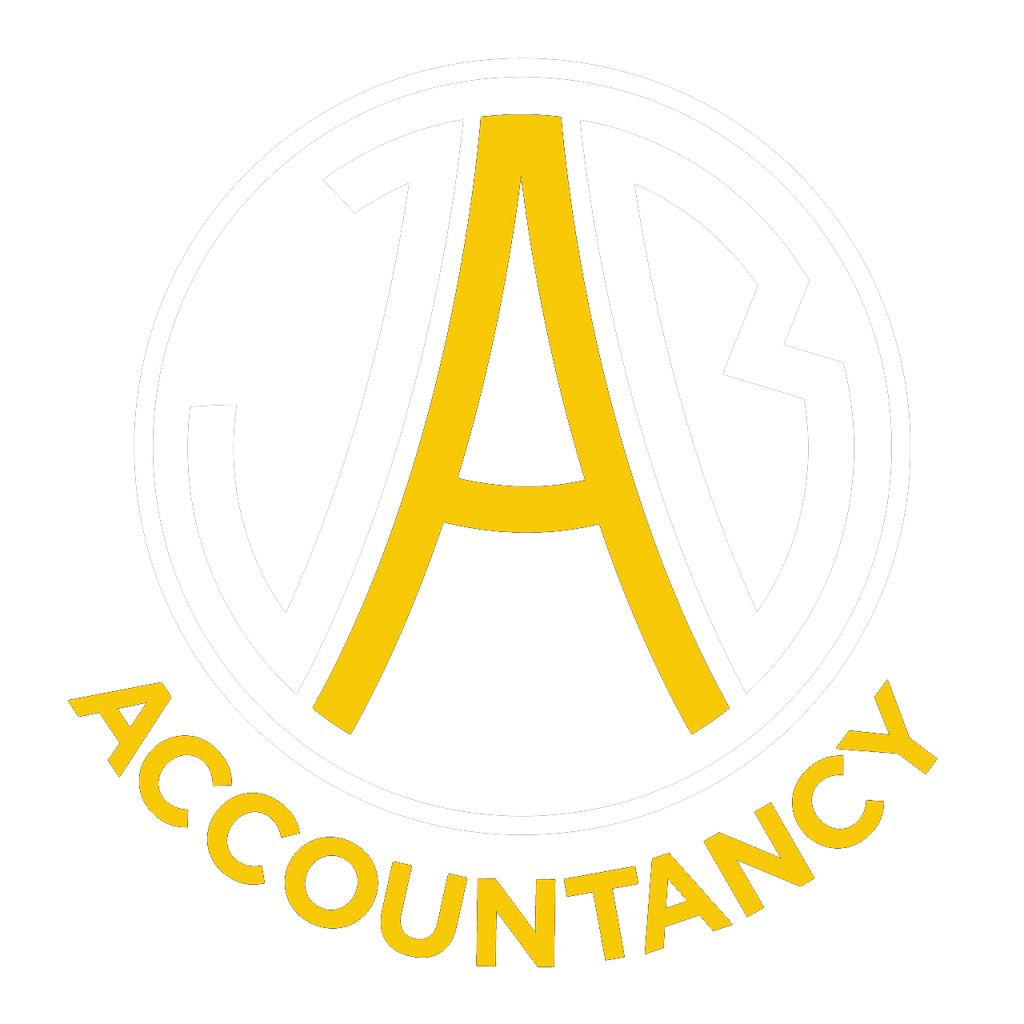Step-by-step guide to starting a business
What to do when starting a business, including advice on business plans, financial and legal requirements
If you are considering starting up a new business, you need to consider a number of factors to ensure the best chance of success.
As well as your product or service, you will need to think about:
- what you will name your business
- what business structure you will use
- how you are going to run your business
- how you are going to attract customers and market your business
- how you will finance your business venture
- engage an accountant to help and advise
This guide outlines important considerations when planning and setting up your new business,
Free business start-up support
Access free start-up business support from your local council. They will provide tailored support and guidance with a local business adviser to help you to create a business plan, seek funding and put all the foundations in place to get your business up and running.
Complete a short enquiry form[5] or call 0800 027 0639 (Go Succeed) to register for this free support service.
5 things to do before you start your business
Consider your business idea, business name, market research and how you will finance your business venture
If you’re thinking about taking the plunge and starting a business of your own, there are some key steps you need to take first.
1. Business idea
Every business develops from an initial idea. Ideas can range from spotting a gap in the market to coming up with a brand new product or service.
For further information on researching and developing your basic business idea, seeresearch and develop ideas, new products and services[11].
2. Business name
Choosing a name for your business is a creative and enjoyable process. It is also one that you need to get right. It is a good idea to be objective and choose a name that reflects your business strategy – see how to choose the right name for your business[12].
3. Business structure

Choosing the right legal structure for your business is vital. Most start-ups are sole trader, partnership or limited company, but there are other options, for example social enterprise. For more information see:
- set up as a sole trader[13]
- set up a business partnership[14]
- set up a limited company[15]
- set up a social enterprise[16]
- legal structures for businesses – an overview[17]
4. Market research
You should think carefully about the product or service that you want to sell, the audience you’re selling to and what you have that makes you stand out from the crowd – see how to create your marketing strategy[18].
5. Finance your new business
You must also think about how you are going to finance your start-up and what effect it will have on your personal finances while you wait for profits to show – seebusiness financing options – an overview[19].
The following material will help you better understand what is required to start a business:
My New Business
My New Business is a free online service that covers everything you need to plan, start and run a business. It has videos and tools, plus other learning resources – like tutorials and case studies. All of them are aimed at helping people like you get your business started. It also includes checklists that cover everything from coming up with a strong business idea and developing it, to identifying and reaching your customers to turn that idea into a successful business – see My New Business[8].







